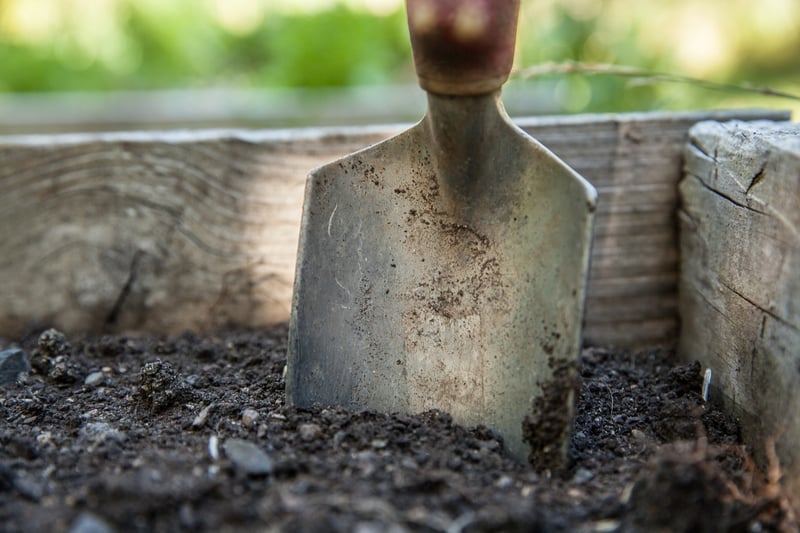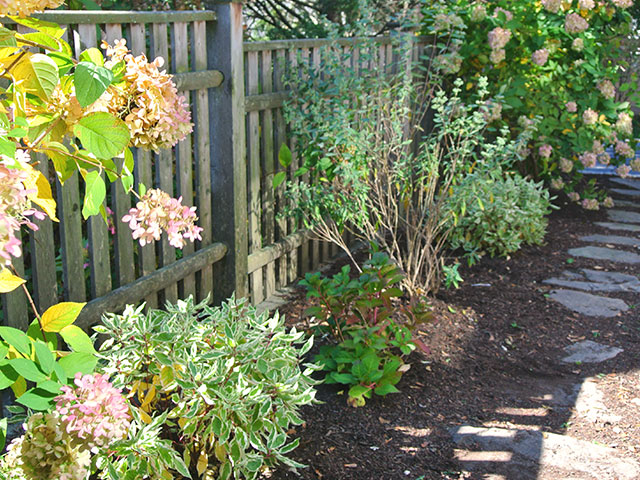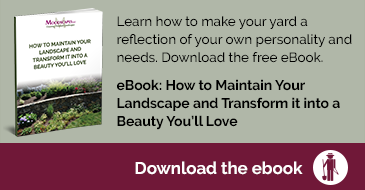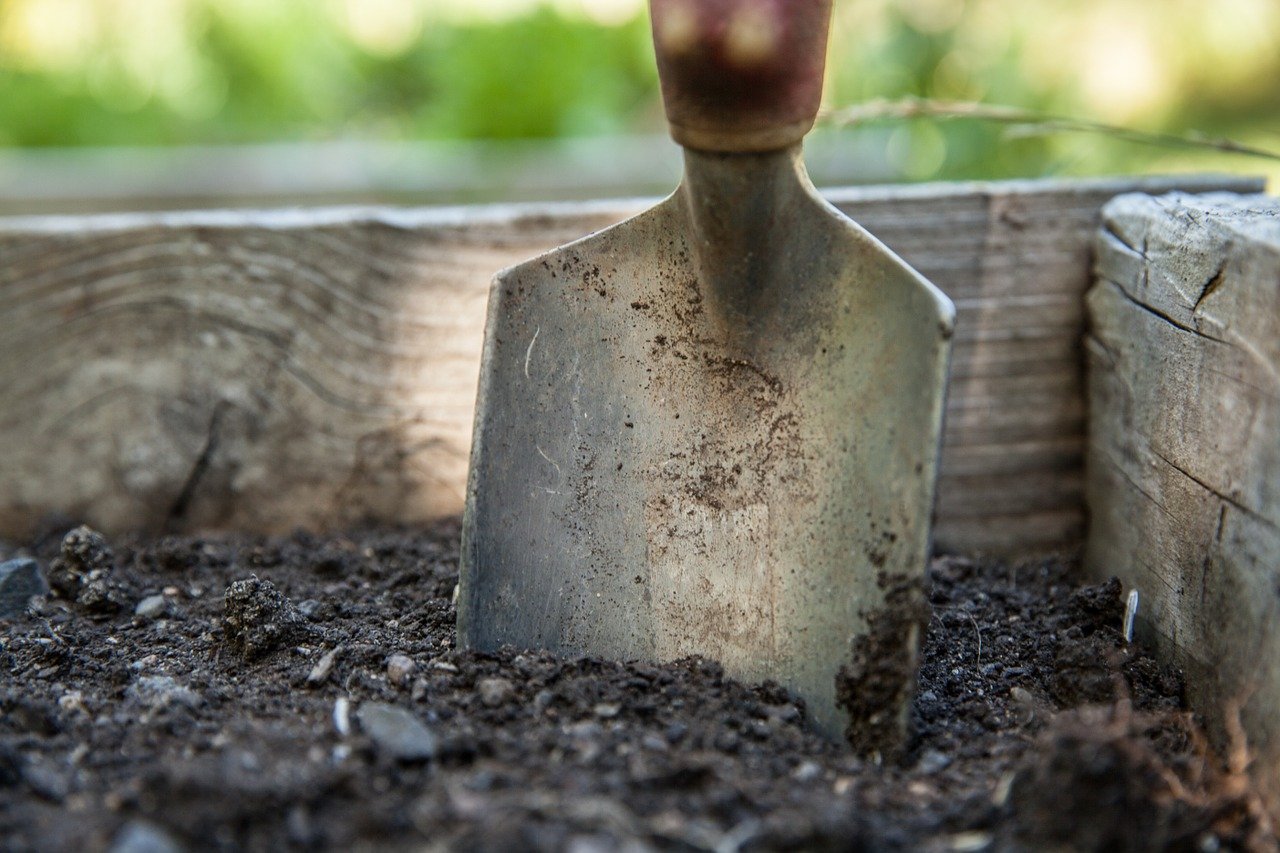In recent blog posts, we have been discussing the key differences between organic and conventional landscaping. While conventional gardening tactics may be more prominent, we believe that organic methods are better for the environment, more cost-effective in the long run, and safer for humans and animals.
To close out our series on organic gardening, we’re offering four guiding principles of organic gardening that we believe will make any landscape healthier. At Moodscapes, we strive to follow these guidelines on every landscape maintenance project we take on.

Foundational soil health vs. appearances
Many homeowners believe that an ideal lawn should be short, uniform in length, and mostly the same color. They hold baseball outfields and golf courses as their ideal look for a yard. But few people realize that the grass you see in those areas is heavily treated and manipulated to look and feel a certain way.
The healthiest organic yards begin with a strong foundation of healthy soil. This facilitates deep, healthy plant roots that create a thriving habitat for all types of plant life. To learn more about best practices for soil health, check out our soil guide for organic gardening.
Use natives and non invasives
Native plants are used to the Massachusetts climate and are able to grow and thrive in it. These plants typically require less work than non-natives, although maintenance varies from species to species. If you aren’t sure which plants are or aren’t invasive, the Massachusetts government keeps an updated list and guidelines on its website.
Our area has many wonderful natives that look great in all types of yards, including butterfly weed, maidenhair fern and American witchhazel. Native plants also support insects that form the foundation of a healthy habitat for plants and animals. For example, according to entomology professor Douglas Tallamy, the flowering dogwood plant can support 117 different species of moths and butterflies.

Maintain a natural environment
At Moodscapes we believe that it is our duty to incorporate landscape maintenance and design techniques that minimize interruption of the natural landscape. When providing maintenance services like soil care, pruning and seasonal cleanups, we make an effort to preserve the environment in its natural form. This creates a healthy habitat for plants, insects and other wildlife that are needed to sustain all forms of life on the planet. We reviewed some of these benefits in our previous post on organic gardening techniques.
Use natural compounds and fertilizer
Artificial chemicals may be marketed as more powerful and effective, but they can also be dangerous to plants and people. Multiple juries this year have ruled that glyphosate, the ingredient in the popular chemical weed killer Roundup, is likely to cause cancer. There are hundreds of patients pursuing legal action against its parent company.
Other chemicals may harm plants or damage soil. Whenever possible, try to use natural compounds like vinegar and lemon or purchase lawn care and plant health formulas that are proven to not contain harmful substances.
Learn how to make your yard a reflection of your own personality by downloading the ebook titled "How to Maintain Your Landscape and Transform it into a Beauty You'll Love."

Getting help with organic gardening in eastern Massachusetts
Although sharing information and ideas is important, it can be difficult to understand organic gardening techniques without seeing them for yourself. At Moodscapes, we provide ecological gardening and maintenance services that preserve the natural environment and provide a healthy habitat for plants and people alike. To learn more, get in touch with us to schedule an assessment.




